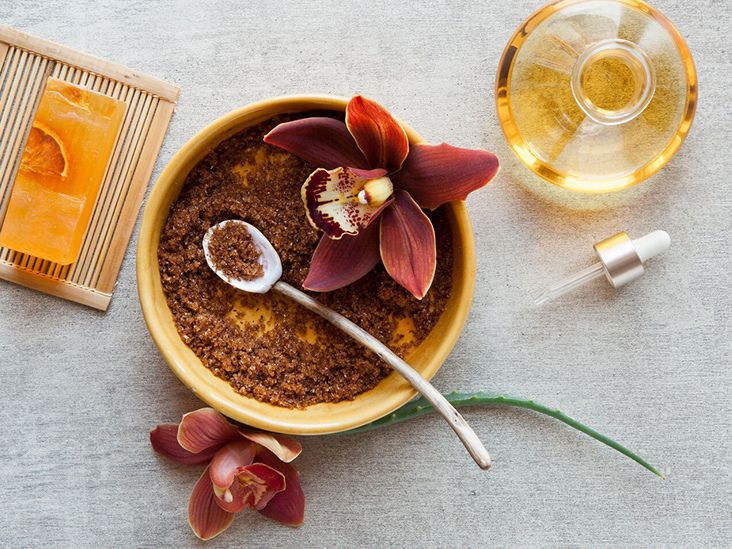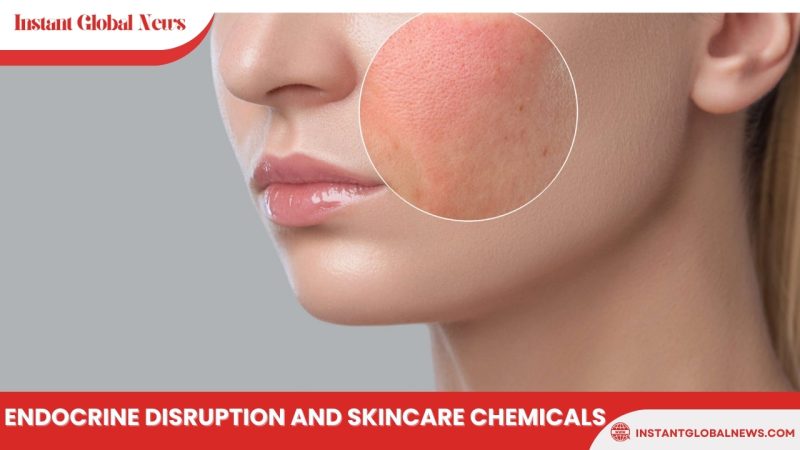
According to a 2015 clinical review of plant extracts in skin care, botanical products can be a rich source of:
- vitamins
- antioxidants
- essential oils
- hydrocolloids
- proteins
- terpenoids
- bioactive compounds
According to the authors of the above review, plant extracts may be a safe and cost-effective alternative to synthetics. Here’s a quick look at how these may benefit different skin types:
» MORE: Clean Up Your Beauty Routine with the 16 Best Natural Skin Care Products
For oily skin
A natural skin care routine for oily skin may help reduce oiliness without the use of expensive skin care regimens or prescription drugs.
There are several methods of using natural skin care and home remedies for oily skin.
For dry skin
There isn’t much that’s more frustrating than itchy skin caused by dryness.
A natural skin care routine for dry skin may help reduce the effects of heat, hot showers, arid climates, and harsh soaps — all things that can trigger dry skin.
For combination skin
Caring for combination skin isn’t always the easiest. But it’s still possible to find a natural skin care routine that reduces both dry patches and shine.
Products that include harsh ingredients, such as fragrances, can irritate both oily and dry skin. Using natural skin care products may help those with combination skin.
For acne-prone skin
A natural skin care routine for acne may offer many benefits, like potentially saving money by avoiding expensive acne solutions. It can also help prevent undesirable side effects, such as dryness, redness, and irritation.
Natural solutions and home remedies for acne can help meet your skin care needs.
For sensitive skin
A natural skin care routine for sensitive skin may help rebuild a healthy skin barrier by avoiding products with irritating ingredients.
A 2018 study examined the risk of skin sensitivity associated with products containing fragrances. Products that you wear for a long period, like moisturizers, can be more likely to cause skin issues.
For darker skin tones
Darker skin tone contains more melanin, the naturally occurring pigment that gives your skin and hair its color. A few conditions that can adversely affect skin with more pigment may include:
- acne
- acne keloidalis nuchae, which presents as bumps on the back of your head or neck
- keloids, which are raised scars on your skin
- skin cancer
- vitiligo, which causes a loss of skin pigment and may be more visible in darker skin tones
While natural skin care products may potentially benefit acne, it’s important to see a dermatologist for a correct diagnosis for other skin conditions, such as cancer or vitiligo.

